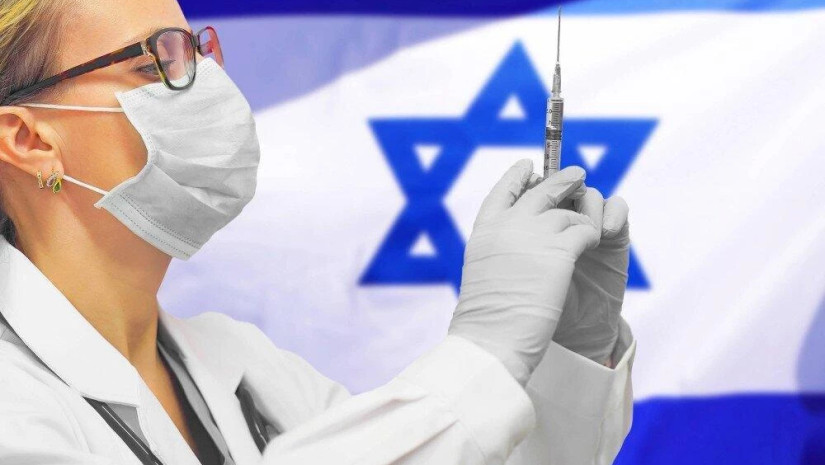As coronavirus cases continued to surge in Israel on Wednesday, with almost 12,000 new virus carriers identified on the day before – an all-time high - the authorities announced significant changes in the testing policies to reserve the PCR tests to at-risk groups and especially to individuals over 60.
“The Omicron wave presents a different behavior than previous ones, and it forces us to take new steps and adopt a specific perspective,” Health Minister Nitzan Horowitz said during a press briefing with Health Ministry Director-General Prof. Nachman Ash, Coronavirus Commissioner Prof. Salman Zarka, and Head of Public Health Services Dr. Sharon Alroy Preis, JPOST (Jerusalem Post) reports.
Starting from Friday, when a vaccinated or recovered individual is exposed to a verified case or experiences symptoms, they will be required to undergo a PCR test only if they are over 60 or present underlying medical conditions – whose exact definition is still under discussion.
Healthy, protected individuals will be able to perform an at-home antigen or undergo an antigen at a testing station. In both scenarios, if they are found negative, they are exempt from quarantine.
If they are found positive, they need to quarantine for ten days (for those who performed an at-home test, they need to repeat it at a testing station in order to be qualified officially as sick). At the end of the period, everyone can leave isolation with a doctor’s note, without the need for a further test.
Regarding individuals who are not vaccinated or recovered – including those who received their shots or recovery certificates more than six months earlier – people over 60 or at risk who are exposed to a verified case or present symptoms are also required to undergo a PCR. If the results are infected, they need to isolate for ten days after which they can be considered recovered provided that they receive their doctor's approval. If they are not infected, they need to isolate for a minimum of seven days and undergo a PCR on the last day.
Non-protected healthy individuals are required to get an antigen test at a testing station, and quarantine for ten days if positive and for a minimum of seven days if negative. In order to leave isolation in the first case, they need a doctor’s note, in the second case another antigen.
Someone who cares for a minor under 12 who is infected will need to stay in isolation with them, even if they are vaccinated.
PCR tests are more accurate in detecting the virus than antigens – which are also known as rapid tests – especially those performed at home.
Antigens offered at testing stations for those exposed to verified patients or presenting symptoms, as well as PCRs, are funded by the state, while at-home tests need to be purchased at people’s own expenses.
The new policies have been decided in light of the unprecedented surge in cases – with as many as 50,000 Israelis expected to contract the virus each day in the upcoming weeks.
Israel already broke the record of new cases detected in a single day on Wednesday, with 11,978 new virus carriers identified in the previous 24 hours.
Around 6.6% of the 190,000 PCR tests processed on Tuesday returned a positive result, as the country continued to register problems of severe overcrowding at its testing stations.
The number of serious patients also increased, reaching 125. On the previous day, there were 117 such patients. At the peak of previous waves, Israel had hundreds of serious patients.
While Omicron appears to be generally milder in terms of symptoms, in light of its high infectiousness, health experts expect that similar numbers of serious patients will also be reached and even surpassed in this wave.















